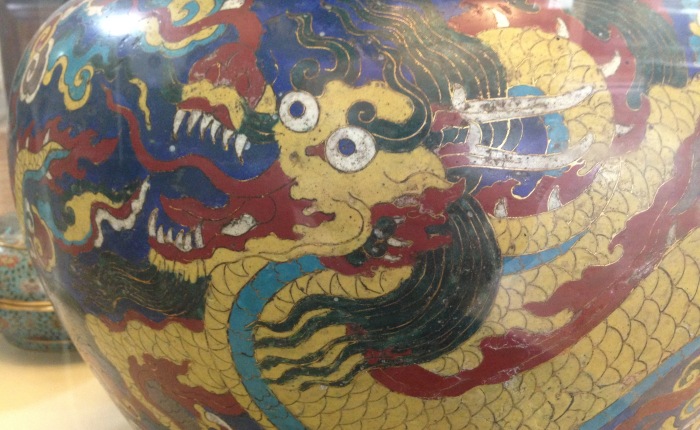 The Upanishads by Anonymous
The Upanishads by Anonymous
My rating: 4 of 5 stars
I find it interesting how pervasive is the mystic idea of unity. From transcendentalists to scientists to Buddhists to Christians to Hindus, I hear this same thing emphasized repeatedly—everything is one. Physicists wax poetic about how our bodies are made of star-dust. Biologists and naturalists wonder at the unity of life on earth. Christians celebrate the infinite simplicity of God. Spinoza’s philosophy proclaims the oneness of all reality. Walt Whitman had this to say:
And I know that the hand of God is the elderhand of my own,
And I know that the spirit of God is the eldest brother of my own,
And that all the men ever born are also my brothers… and the women my sisters and lovers
And here is Herman Hesse:
Slowly blossomed, slowly ripened in Siddhartha the realization, the knowledge, what wisdom actually was, what the goal of his long search was. It was nothing but a readiness of the soul, an ability, a secret art, to think every moment, while living his life, the thought of oneness, to be able to feel and inhale the oneness.
Opening yourself up to this realization is the corner-stone to many words of wisdom I’ve so far come across. When it is written in Ecclesiastes, “There is no new thing under the sun,” what else could this mean that reality is ever the same, that all change is superficial, that all is one?
Just so in The Upanishads, where it is written that “He who perceives all beings as the Self, how can there be delusion or grief for him, when he sees this oneness everywhere?”
This equating self with cosmos can also be found in Plato. In fact, the Socratic injunction to ‘know thyself’ takes on a different meaning in this context. Since, for Plato, the soul of a man is that which takes part in the realm of ideals, knowing this soul puts oneself in more intimate contact with this ultimate reality. So self-knowledge is the key to wisdom, and wisdom consists in the knowledge that all is one. To quote again from The Leaves of Grass, “I celebrate myself, / And what I assume you shall assume, / For every atom belonging to me as good belongs to you.”
The parallels with Plato are actually astounding. In both Plato’s works and The Upanishads, the soul is likened to a driver on a chariot. Both systems divide the self or soul in similar ways. Both have an idea of reincarnation. And in both systems one finds the idea that true enlightenment comes from detached introspection.
I suspect that the intellectual knowledge that the universe is, in a sense, one thing, is not really what wisdom is all about. That we are made of materials created by exploding stars may be factually correct; but the statement’s emotional power does not come from that fact, but by what the fact implies—that you’re troubles and anxieties pale in comparison to the miracle of being alive in the universe. And truly, it is a miracle. I think scientists, Christians, Hindus, Platonists, and Buddhists can all agree with that.
To quote Bill Bryson’s fantastic A Short History of Nearly Everything:
To begin with, for you to be here now trillions of drifting atoms had somehow to assemble in an intricate and intriguingly obliging manner to create you. It’s an arrangement so specialized and particular that it has never been tried before and will only exist this once. For the next many years (we hope) these tiny particles will uncomplainingly engage in all the billions of deft, cooperative efforts necessary to keep you intact and let you experience the supremely agreeable but generally underappreciated state known as existence.
But Wittgenstein might have said it best: “Not how the world is, is the mystical, but that it is.”
